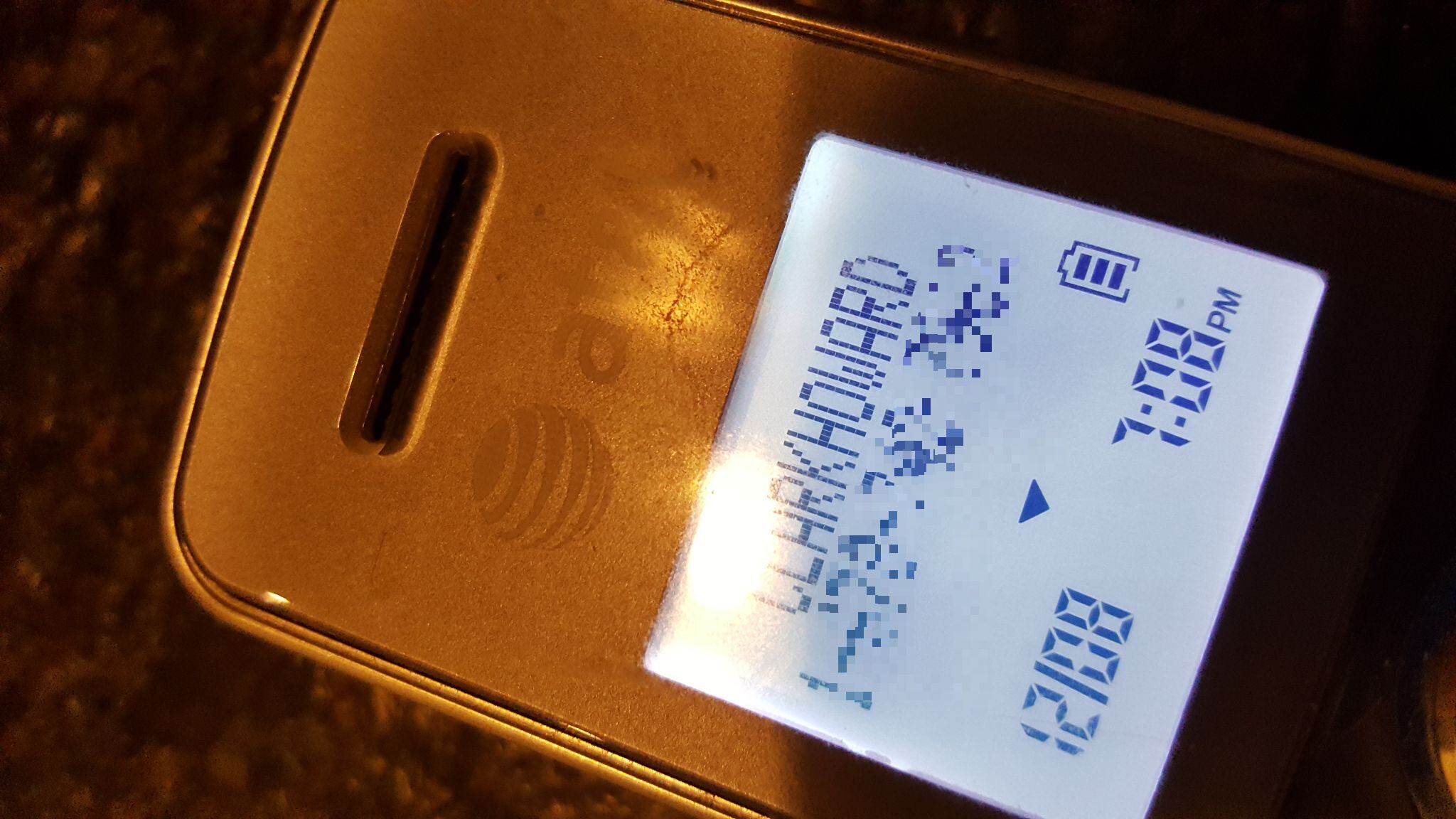Money expert Clark Howard’s goal is to serve you and help you save more, spend less and avoid ripoffs.
But some scammers are looking to do exactly the opposite by using his name in a new phone scam!
RELATED: Do not answer phone calls from this 877 number… it’s a scam!
Skip this call that’s supposedly from Clark Howard!
Here at Team Clark, we were recently tipped off to a new variation on an old scam where criminals spoof the caller ID on your phone to make it look like you have an incoming call from a certain business or person.
In the past, scammers have digitally impersonated everyone from the Internal Revenue Service to the Federal Trade Commission — not to mention just about every bank out there using this strategy.
But this is the first time we’ve heard of caller ID spoofing that’s done in Clark’s name.
Fortunately, our tipster did not answer the incoming call when the caller ID showed as “CLARKHOWARD.”
Heed the following warnings when a suspicious call comes in:
- Don't answer calls from numbers you don't recognize. This simple rule will eliminate 99% of all scam phone call problems in your life.
- Voicemail is the best strategy. If a call comes in and you don't recognize the number or name, let it go to voicemail. Better safe than sorry!
- If you do answer, give unwanted callers the cold shoulder. No talking to them and no pressing any buttons once you determine they're not legitimate.
- Let them talk to Mr. Buzz. If you answer a call thinking it's legit and soon discover it isn't, just let them talk to Mr. Buzz — the sound of the dial tone when you disconnect the call by hanging up!
- Never reveal personal information. If you do get stuck on the phone with a scammer, there's no reason to ever divulge your bank account or Social Security number.
- Use the call back strategy. If you think an incoming call may genuinely be from a financial institution you do business with, hang up the phone and call that institution back at a number you know to be the real deal.
- Protect your elders. Senior citizens are at particular risk to caller ID spoofs on landline phones.
- Use call-blocking apps. The Hiya app is particularly good when you want to block scammers on your mobile phone. Your wireless provider may have its own proprietary app, too.
Unfortunately, this isn’t the first time Clark’s name has been borrowed by criminals in an attempt to scam you out of money.
About five years ago, a supposed money-making opportunity that "Clarke Howard recommended" was being passed around on Facebook.
Facebook users who fell for the ploy reported their computers were infected with a virus that blasted out the scam message to all their social media contacts. It also loaded additional malware on their machines.
You’ve got to be careful out there!
RELATED: Fake email from your bank could rob you blind
Beware: This phone scam could really cost you
Clark.com






